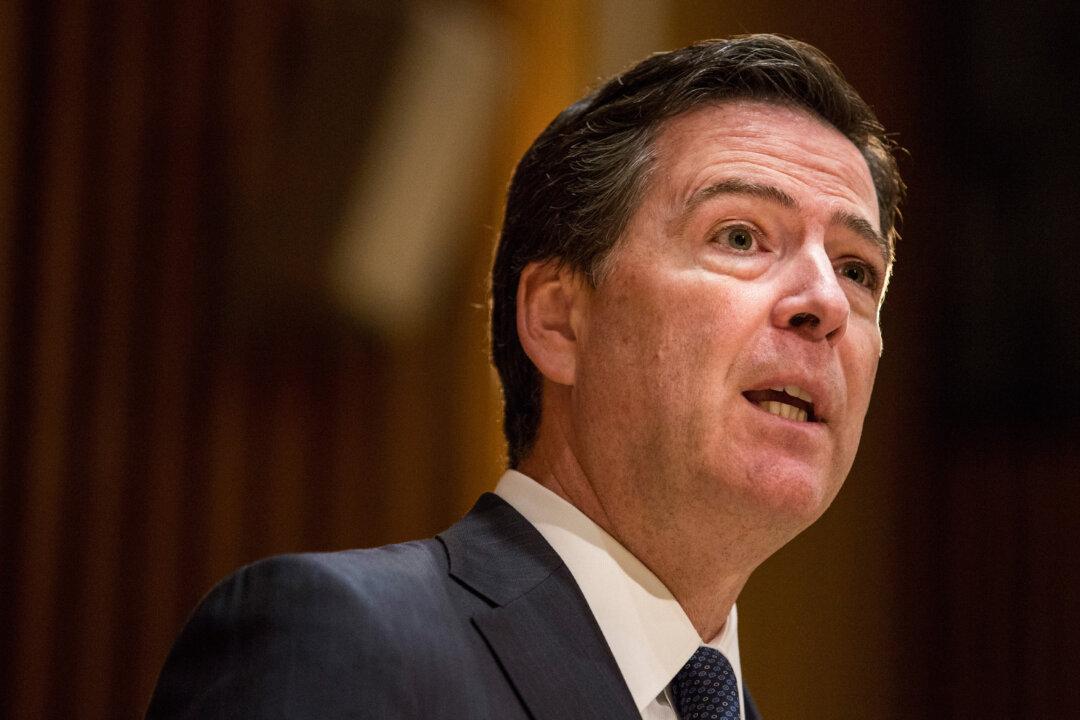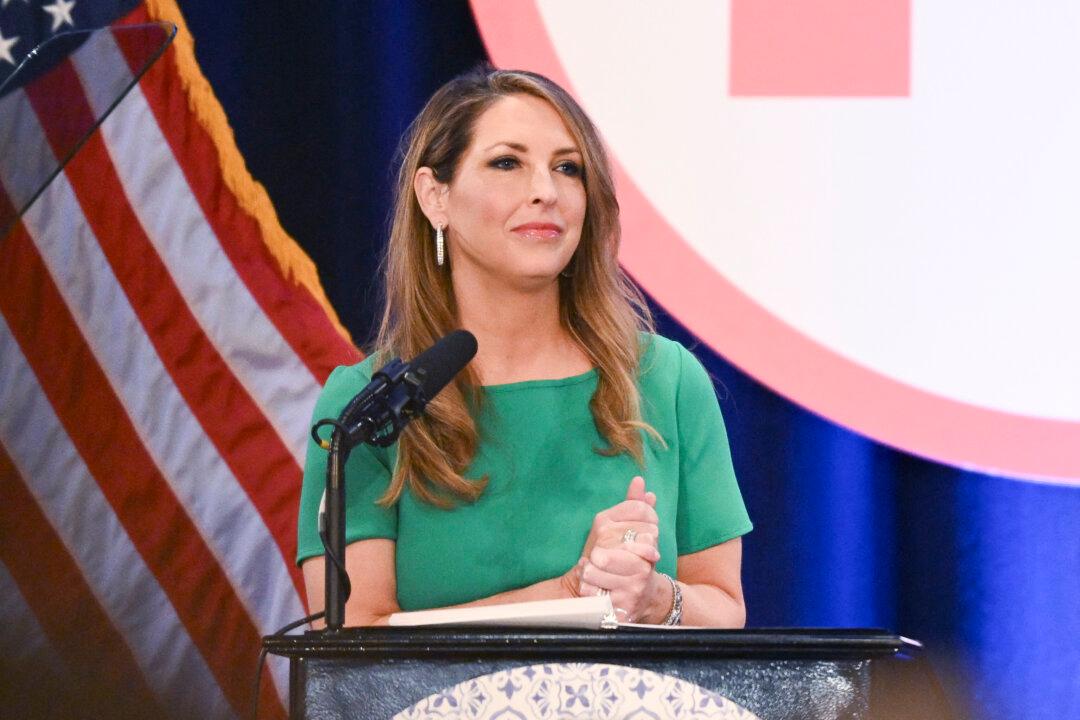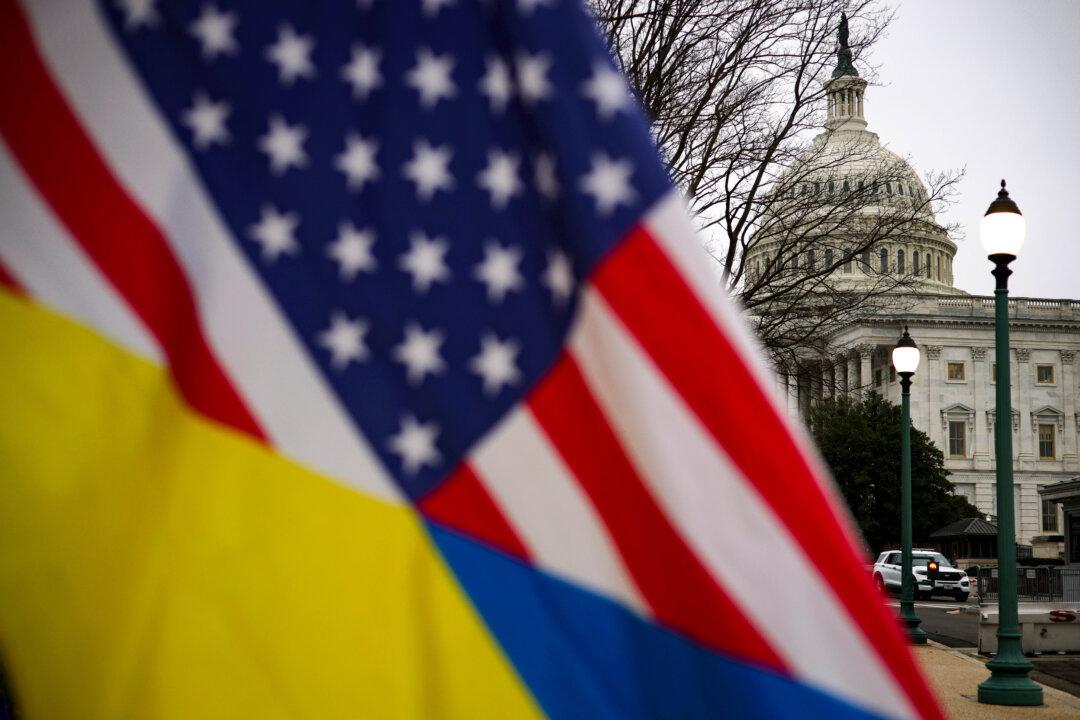As former FBI Director James Comey heads to Washington to testify before the House committees on Friday, Dec. 7, a former FBI agent said this may create a “promising” opportunity for the FBI to reopen the investigation on Hillary Clinton’s use of unauthorized email server, or for the Justice Department (DOJ) to initiate one.
Comey announced on Dec. 3, through his attorney, that he will testify, under a set of preconditions, before the House Judiciary Committee and the House Committee on Oversight and Government Reform.





